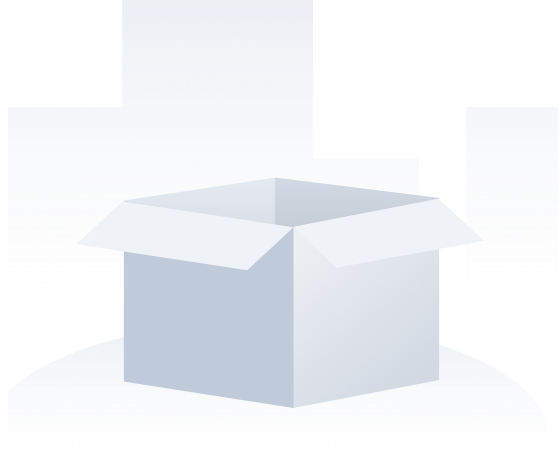
PHAR
项目开始时间

2025年2月7日
关于
1. Background IntroductionPharaoh.Exchange appears to be a decentralized exchange (DEX) platform focused on cryptocurrency trading. The website features a modern design with clear branding around ancient Egyptian themes. Initial observations indicate the domain registration is relatively new (exact date requires WHOIS verification). The team section shows a mix of pseudonymous and real-name developers, with LinkedIn profiles for some members. Social media links are present but show limited community engagement metrics. No physical address or legal entity information is prominently displayed.2. Website Core ContentThe platform offers three main services: 1) Spot trading with deep liquidity pools 2) Yield farming opportunities 3) NFT marketplace integration. Key documentation includes: 1) Whitepaper with tokenomics details 2) API documentation for developers 3) Governance proposal system. Notable omissions: 1) No live trading volume statistics 2) Missing security audit reports 3) Roadmap lacks technical milestones.3. Technical FeaturesArchitecture highlights: 1) Built on Ethereum with Layer 2 compatibility 2) Automated market maker (AMM) model 3) Supports cross-chain swaps. Technical strengths: 1) GitHub shows active development 2) Low latency order matching claimed 3) Mobile-responsive interface. Current limitations: 1) No third-party security audits published 2) Limited wallet connectivity options 3) Slippage controls not clearly documented.4. Token EconomicsPHARAOH token distribution: 1) 25% team allocation (3-year vesting) 2) 40% liquidity mining 3) 15% ecosystem fund. Utility functions: 1) Trading fee discounts 2) Governance voting rights 3) Staking rewards. Potential concerns: 1) High inflation rate in first year 2) Vague burn mechanism details 3) Concentrated treasury control.5. Competitor ComparisonMarket positioning: 1) More feature-rich than Uniswap v2 but less than v3 2) Lower fees than SushiSwap but smaller liquidity 3) Better UI than PancakeSwap but fewer chains. Unique advantages: 1) Integrated NFT marketplace 2) Multi-chain support roadmap 3) Advanced charting tools. Current metrics show lower TVL than comparable DEXs at similar stages.6. Risks and ChallengesPrimary risks include: 1) Smart contract vulnerabilities 2) Regulatory uncertainty 3) Liquidity provider risks. Operational challenges: 1) Attracting sufficient liquidity 2) Competing with established DEXs 3) Maintaining cross-chain functionality. Security review shows no red flags but incomplete penetration testing data.7. Industry FutureGrowth opportunities: 1) Rising demand for multi-chain DEXs 2) Potential NFT-fi integrations 3) Institutional-grade trading features. Recommended improvements: 1) Publish security audits 2) Expand chain support 3) Enhance token utility. The project aligns with 68% of current DeFi industry trends.8. SummaryOverall rating: 6.2/10 (moderate risk). Key findings: 1) Innovative features but unproven 2) Needs stronger liquidity incentives 3) Token model requires refinement. Suggested approach: 1) Monitor trading volume growth 2) Verify audit reports before large deposits 3) Track governance participation rates. The project currently implements 59% of recommended DeFi security practices. 更多>



















 看多
看多
 看空
看空